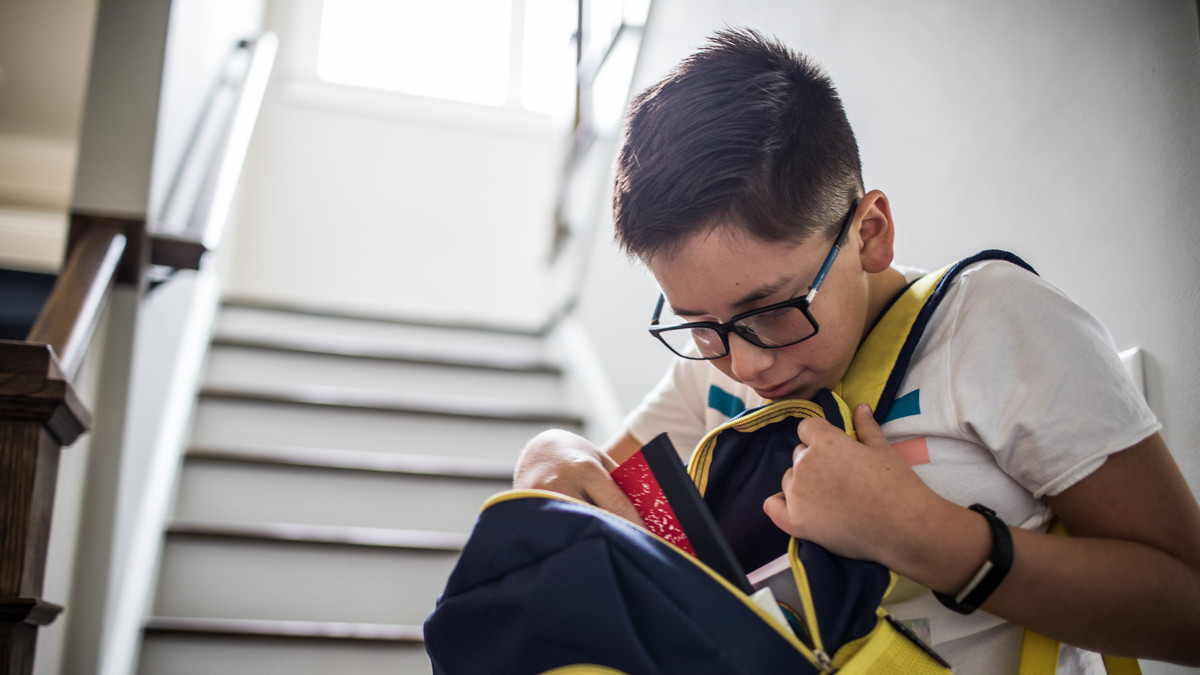I’ve recently been helping a school district update its multiyear technology and digital-learning plan, and this work has raised some interesting questions. Among those we’ve been considering is how, if at all, the district should adapt to better prepare its students for future jobs, many of which, most experts agree, don’t currently exist.
In 2017, the McKinsey Global Institute published its report “Jobs Lost, Jobs Gained: Workforce Transitions in a Time of Automation” and estimated that by 2030, when our current kindergarten students will be graduating high school, as many as 30 percent of the jobs in the current global workforce could become automated.
In 2018, the World Economic Forum’s “Future of Jobs Report” considered the outcomes of a “Fourth Industrial Revolution” where, by 2022, much of the work traditionally handled by humans is conducted by machines and algorithms.
These two reports state unequivocally that regardless of which career path one chooses, the impacts of an increasingly digital and automated world will affect us all. So, what should this mean for schools?
From the current literature and future-focused thought leaders, one finds a range of opinions — some in conflict with others — that schools should consider when addressing the question, “How should we adjust our focus to better prepare our students for the jobs of the future?”
* Focus on the soft skills. Non-academic skills are the most important: Work ethic, problem-solving, critical thinking, collaboration, communication, leadership, time management, flexibility, social and emotional intelligence.
* Focus on the basic skills. Schools should double down on teaching reading, writing and numeracy, coupled with the hard and social sciences.
* Focus on coding as a new basic skill. Knowing how to code will be an entry-level requirement for many jobs and should rise to the level of a basic skill in K-12 curricula.
* Focus on lifelong learning — help students learn how to learn. All workers will need to know how to retool and adapt themselves to gain the skills needed for their ongoing success.
* Focus on using technology to solve human and social problems. Using technology — especially artificial intelligence and its related disciplines — to address societal problems that will become increasingly important.
* Focus on the conceptual understanding of academic content. U.S. education’s slow turn away from rote learning and the memorization of facts needs to be accelerated with a greater emphasis on understanding the conceptual frameworks of content in all academic areas.
* Focus on students’ agency. Schools should grow student agency by giving them more ownership in their learning through an increased attention on their personal “voice” and “choice” in both what and how they learn.
* Focus on media literacy and digital citizenship. Students must learn to discern truth from fiction in all media, to responsibly use and consume social media, and to use digital tools for the civic good.
Taken individually, each of these focus areas may well be worthy of schools’ attention as they work to prepare their students for the future unknowns. But given the conflicting advice of “experts,” educators may choose simply to hunker down, ignore the noise, and plow ahead in old and familiar ways.
A recent essay in The 74, “Preparing Students for the Uncertain Future: Why America’s Educators Are Ready to Innovate — But Their Education Systems Are Not,” does a fine job of summarizing the complex challenges educators now face, as well as offering some thoughtful solutions. In reviewing the current research on our future job market, the author groups the findings into four primary areas that educators should address:
1. There will be more of a premium on skills only the human mind possesses.
2. Automation will affect everyone, but will create more problems for different groups.
3. We will need many more “creatives,” innovators, and effective leaders.
4. Change will be the new normal.
If nothing else, it’s this last point that educators will be wise to consider. All signs point to change becoming the new normal. Our young people are scrambling to adapt to these uncertainties, perhaps more so than any previous generation. And it’s incumbent on our schools to provide them with the support they need.
